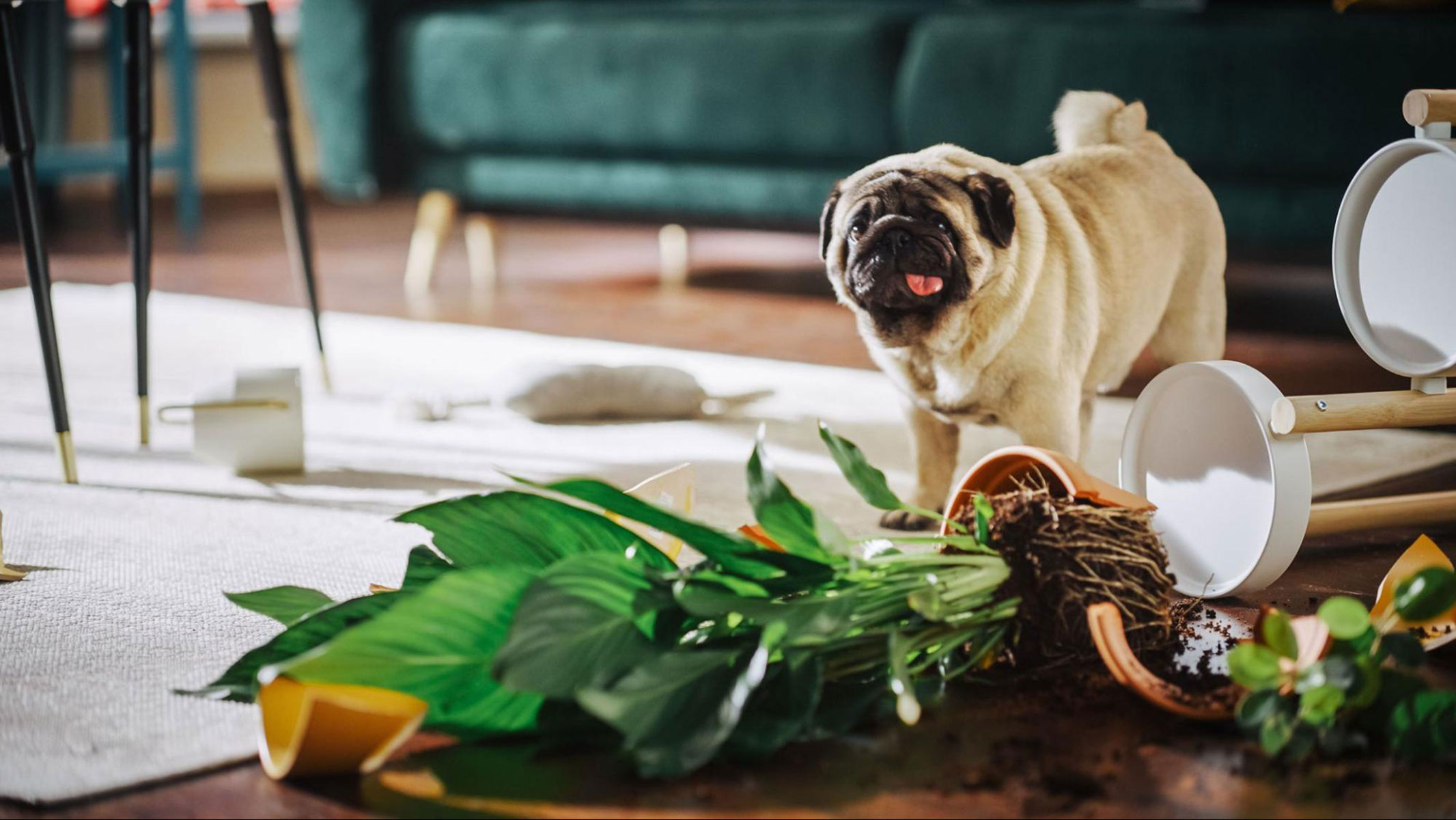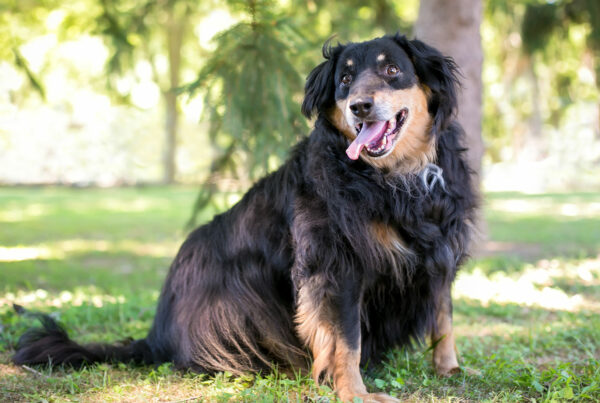Many homeowners decorate their living spaces with indoor plants to bring a touch of nature indoors. While these plants can enhance the aesthetic appeal of your home, it’s essential to be aware that some common household plants are toxic to dogs. In this blog, we’ll explore ten common plants that pose a risk to canine companions and discuss the symptoms of poisoning associated with each.
Aloe Vera
Aloe vera is prized for its medicinal properties and is often kept in homes for its soothing gel. However, the same compounds that make aloe vera beneficial to humans can be toxic to dogs if ingested. Symptoms of aloe vera poisoning in dogs may include vomiting, diarrhea, lethargy, tremors, and changes in urine color.
Ivy
Ivy plants, including English ivy and devil’s ivy, contain saponins and polyacetylene compounds that can cause gastrointestinal upset and irritation in dogs. Ingestion of ivy leaves or berries may result in symptoms such as drooling, vomiting, diarrhea, abdominal pain, and difficulty swallowing.
Jade Plant
The jade plant, also known as Crassula ovata or money plant, is a popular succulent commonly found in homes and offices. While jade plants are easy to care for, they can be toxic to dogs if ingested. Symptoms of jade plant poisoning in dogs may include vomiting, diarrhea, depression, and loss of coordination.
Daffodils
Daffodils are a harbinger of spring, but their bulbs contain toxic alkaloids that can cause gastrointestinal irritation and cardiac effects in dogs. Ingestion of daffodil bulbs, leaves, or flowers may lead to symptoms such as vomiting, diarrhea, abdominal pain, drooling, and changes in heart rate.
Lily of the Valley
Lily of the Valley is a fragrant flowering plant that contains cardiac glycosides, compounds that can affect the heart’s rhythm and function. Ingestion of lily of the valley leaves or flowers can result in symptoms such as vomiting, diarrhea, drooling, weakness, and potentially life-threatening cardiac arrhythmias.
Oleander
Oleander is a beautiful but highly toxic plant that contains cardiac glycosides similar to those found in lily of the valley. Ingestion of oleander leaves or flowers can cause severe poisoning in dogs, with symptoms including vomiting, diarrhea, excessive drooling, tremors, seizures, and cardiac abnormalities.
Snake Plant
Snake plants, also known as mother-in-law’s tongue, are popular indoor plants valued for their air-purifying properties. However, these plants contain saponins that can cause gastrointestinal upset and oral irritation in dogs. Symptoms of snake plant poisoning may include vomiting, diarrhea, drooling, and oral irritation.
Tulips and Hyacinths
Tulips and hyacinths are beloved spring-blooming bulbs, but their bulbs contain compounds called glycosides that can cause gastrointestinal irritation and allergic reactions in dogs. Ingestion of tulip or hyacinth bulbs or flowers may lead to symptoms such as vomiting, diarrhea, drooling, difficulty breathing, and skin irritation.
Sago Palm
The sago palm is a popular ornamental plant known for its striking appearance, but all parts of the plant contain cycasin, a toxin that can cause severe liver damage in dogs. Ingestion of sago palm leaves, seeds, or roots can result in symptoms such as vomiting, diarrhea, abdominal pain, jaundice, seizures, and liver failure.
Caladium
Caladium plants, also known as elephant ears or angel wings, are prized for their colorful foliage. However, caladiums contain calcium oxalate crystals that can cause oral irritation, swelling, and difficulty swallowing in dogs. Symptoms of caladium poisoning may include drooling, pawing at the mouth, vomiting, and difficulty breathing.
Keep Your Pet Safe with Live Oak Animal Hospital
As responsible pet owners, it’s essential to be aware of the potential dangers posed by common household plants and to take steps to protect our canine companions from accidental poisoning. If you suspect your dog has ingested a toxic plant or is displaying symptoms of poisoning, seek immediate veterinary care. Remember, prevention is key to keeping your furry friends safe and healthy. If you’re concerned about the health and well-being of your pet, don’t hesitate to contact Live Oak Animal Hospital. Our experienced veterinarians and caring staff are here to provide expert medical care and guidance for all your pet’s needs. Contact us today to schedule an appointment and ensure your pet’s safety and happiness.





